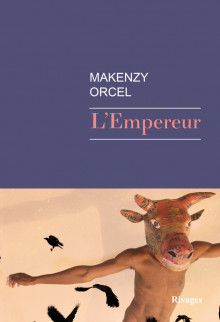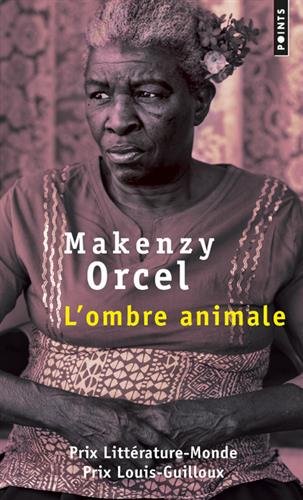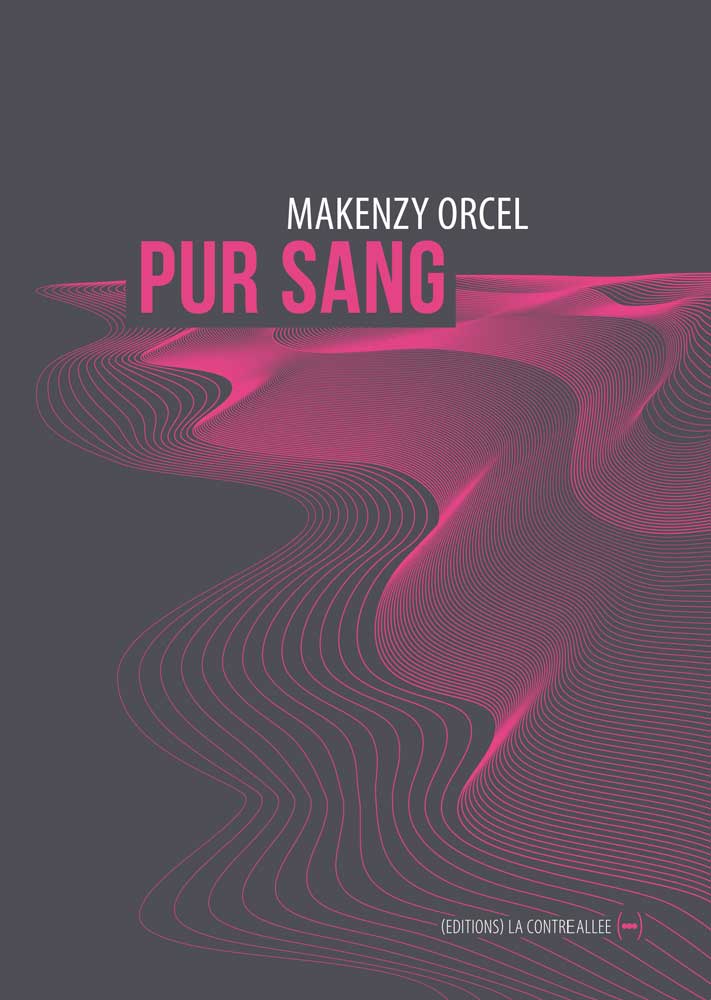Makenzy Orcel was born in 1983 in Port-au-Prince. After studying linguistics, he left the university to devote himself to literature. He published two collections of poems, La Douleur de l'étreinte in 2007 and Sans Ailleurs in 2009. A collection crossed by the themes of night, confinement, and elsewhere.
In the aftermath of the earthquake that shook Port-au-Prince with the same destructive force as the Hiroshima bomb, Makenzy Orcel wrote Les Immortelles to tell of the madness of living in spite of the horror as much as to deliver the most insolent testimony in the face of the apocalypse. It is to the prostitutes of Port-au-Prince, to these "immortals" that he wanted to pay homage, those whose voices were not heard at the time of the media coverage of the disaster.
I don't want to write about what everyone sees, and what everyone likes, I'm not interested. I want to be in the underbelly of things. Of letters, of society of everything. Haiti is a country of shadows, and I draw from the shadows.
— Makenzy Orcel
Les Immortelles, with which he has won the SGDL's Thyde Monnier Prize, is his first novel, embroidered like a collection of prose. The sparse paragraphs that cut across the white page conceal all the intensity and violence of pain.
With Les Latrines, published in 2011 by Mémoires d'encrier, Mackenzy Orcel continues his exploration of the underworld, offering the mesmerized reader a veritable feast of language in the maze of the slums of Port-au-Prince.
La Nuit des terrasses, a collection of poems, is a dive into bar life, brimming with disparate memories... A true celebration of the moment, of the meeting of bodies and friendship.
He has published L'Ombre animale in 2016, a novel that won —among others— the Prix Littérature-Monde and the Prix Louis Guilloux. The title perfectly captures the spirit of a chiaroscuro novel where the body is exposed, decomposed and renewed. Makenzy Orcel is an archaeologist of meaning, a sensory writer who draws from marginality a rare power of evocation. An ambitious and demanding novel, L’Ombre animale has not finished fascinating us.
Caverne, published in 2017 by La Contre Allée, is a collection of introspective poems that explore the interior, the intimate and go back to childhood. It is an opportunity to visit the dead —relatives, friends or strangers— and to give them life in order to heal his own wounds.
In 2018, he signed Maître-Minuit, a novel in which he revisits a legendary Haitian myth through the intermediary of Poto, a cartoonist in the 1950s, who crosses the history of his country. The writer skillfully plays on the contrasts and musicality of the language to paint a portrait of Haiti at a troubled period when madness seems to be taking over the island.
Jera ak Jèta, his first play, directed by Pascale Julio, has been performed several times in Haiti, notably at the Quatre Chemins festival, and as part of the "Livres en Folie" event.
— Text from Étonnants Voyageurs








